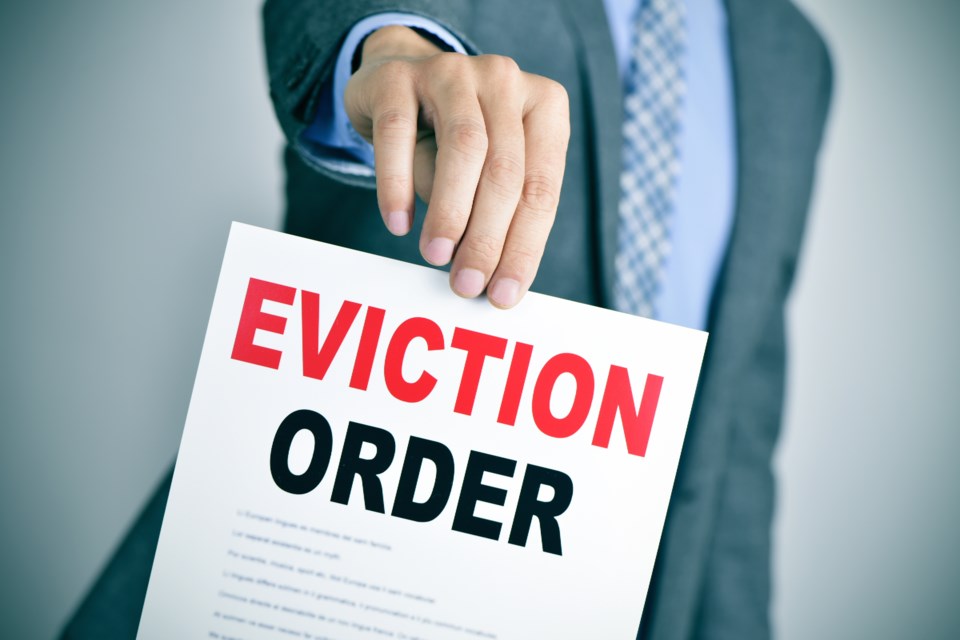Tomorrow will be a pressing deadline for tenants and landlords alike as COVID-19 keeps people at home and closes businesses, leaving thousands of Canadians out of work.
Grassroots movements have sprung up in several cities in the past two weeks such as in Toronto, calling on tenants to withhold their April 1 rent payments, either out of necessity or in solidarity with those who can't make ends meet. However, local legal aid representatives are advocating those struggling with rent payments reach out and communicate with their landlords before making the call to just stop payment.
“We’re going to have a nightmare in our office because we’re going to have all these people that have blown their money,” said Michael Hefferon, executive director of Community Legal Clinic of Simcoe, Haliburton and Kawartha Lakes. “Let’s pray it doesn’t last too long. They’ll get to the end (of the pandemic) and they’ll still owe all that rent.”
As part of Ontario declaring a state of emergency on March 17, the Landlord and Tenant Board has suspended in-person hearings. The only exception is for urgent issues such as an illegal acts or serious impairment of safety.
As a result, the issuance and enforcement of eviction orders is also suspended. However, that doesn’t mean there won’t be consequences for renters who stop paying.
“This isn’t a rent-free zone,” said Hefferon. “It’s a big danger that’s looming for clients.”
Hefferon said he’s not yet aware of any rent-forgiveness program being put out by the federal, provincial or municipal governments. Currently, any rent that goes unpaid during the pandemic will still be owed once the pandemic is over, and once the Landlord and Tenant Board re-opens, tenants will absolutely be able to be evicted for non-payment of rent during that time.
“You will likely be evicted,” he said. “There are a lot of unanswered questions. It’s difficult to find information right now.”
Hefferon says evictions are the number two most common issue the clinic gets calls about, only second to Ontario Disability Support Program (ODSP) claims. The clinic sees primarily low-income clients.
“(Many) of these people barely scrape by. How the hell are they going to be able to come up with a payment plan as this goes on?” said Hefferon.
Hefferon says many clients of the clinic are still receiving regular Ontario Works and ODSP payments, and warns anyone currently using these programs they can get in trouble if the funds aren’t used for rent. He suggests tenants who are having difficulty should try speaking with their landlord to work out an arrangement.
“Conversation is good,” he said. “Lines of communication with your landlord is always good, is the bottom line.”
The Community Legal Clinic of Simcoe, Haliburton and Kawartha Lakes is currently closed to walk-ins due the pandemic, however, their staff are still available through email and phone. For more information, click here.
- with files from Canadian Press



